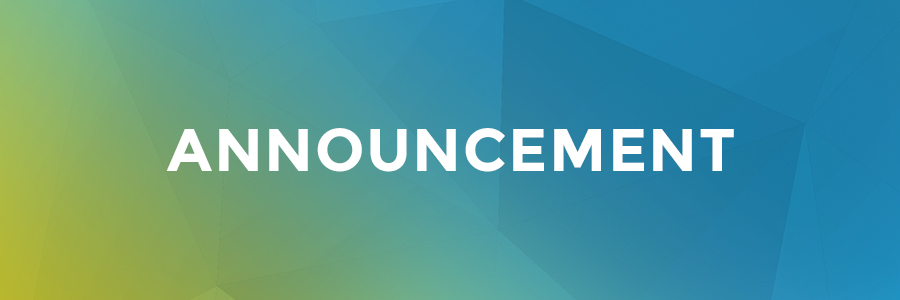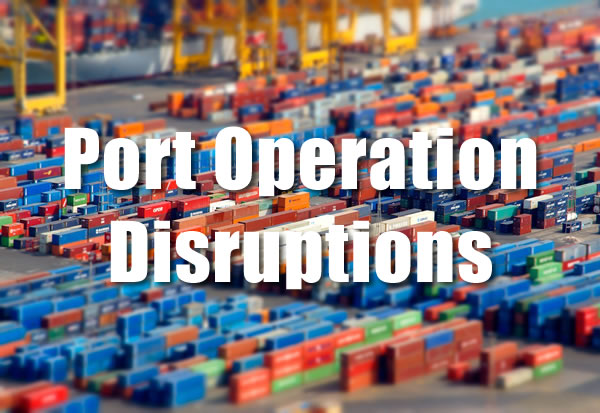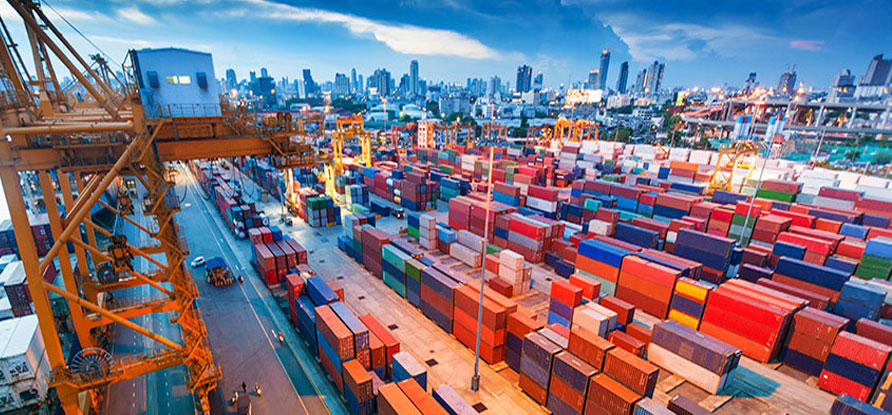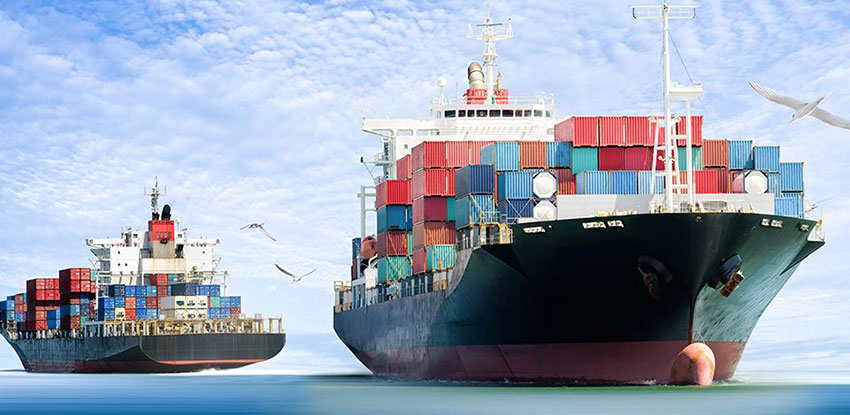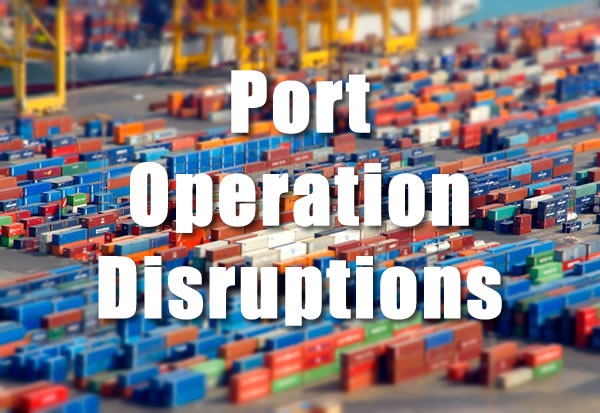Terminal Charges:
Terminal Operators, DP World, Patricks, VICT and Hutchinson’s have announced a further increase to their landside charges, including Port Infrastructure Levy, Port Booking Fees and associated charges from 6th March.2023.
The Terminals are pushing ahead with cost increases as part of their “Infrastructure Investment strategies†regardless of the enquiry into a number of port deficiencies, turn rates for loading/discharging and truck turnaround times and all associated costs.
The increases vary from port to port, on average we note that extra costs will be $ 50.00 to $ 80.00 per container across Australia. The new rates will be added to GPSM rates modules and will apply from above listed date. The costs will flow through to LCL port charges as well, some consolidators are now adding “CFS Infrastructure Levies, Energy Levies as well as an Indexation Fee to cover their increased costs. We expect those addition costs to range between be $ 10.00-$20.00 per cubic metre.
Port Charges:
Shipping Lines have been increasing their port charges and Documentation Fees over the past few weeks, with more lines due to increase costs from 1st March, 2023. Generally the cost increases amount to $ 30.00/20ft and $ 50.00/40ft container, GPSM will be adjusting our billings to account for the added costs from 1st March, 2023.
Trucking Rates:
Trucking companies across the country are facing driver shortages, higher wages costs to retain existing staff, increased costs for new equipment, spare parts and vehicle servicing as well as longer than normal delays at ports and empty container parks. Inflation is a big driver in the cost increases and GPSM have tried to keep prices at previous levels for as long as possible.
We have invested, and are continuing to invest, in a wide range of new equipment with prime movers, trailers and Taut-Liners to allow us to continue to service all client needs with a high level of service.
From 15th March, 2023, we regret we will need to adjust pricing by an average of $ 25.00/20ft and $ 50.00/40ft container to be able to maintain our service levels, there will also be minor adjustments to LCL trucking rates where required.
Overweight Containers:
We have seen a lot of overweight containers arriving in Australia in recent months. Please be aware as we have mentioned previously that the port terminals are now weighing every container imported or exported, any container found with a weight exceeding the declared manifested weight by 1,000kgs or more will incur a fine.
Please note we also have issues with overweight containers on our roads, Roads and Maritime NSW and other authorities in other states are checking truck weights regularly and if containers are over-loaded on the axles, we face a large fine for every time an overweight container is detected. GPSM and our sub-contractors have no way of determining how a container is packed when we collect it from the port, so we ask all clients to ensure their suppliers are loading all containers correctly with even weight distribution throughout the container.

